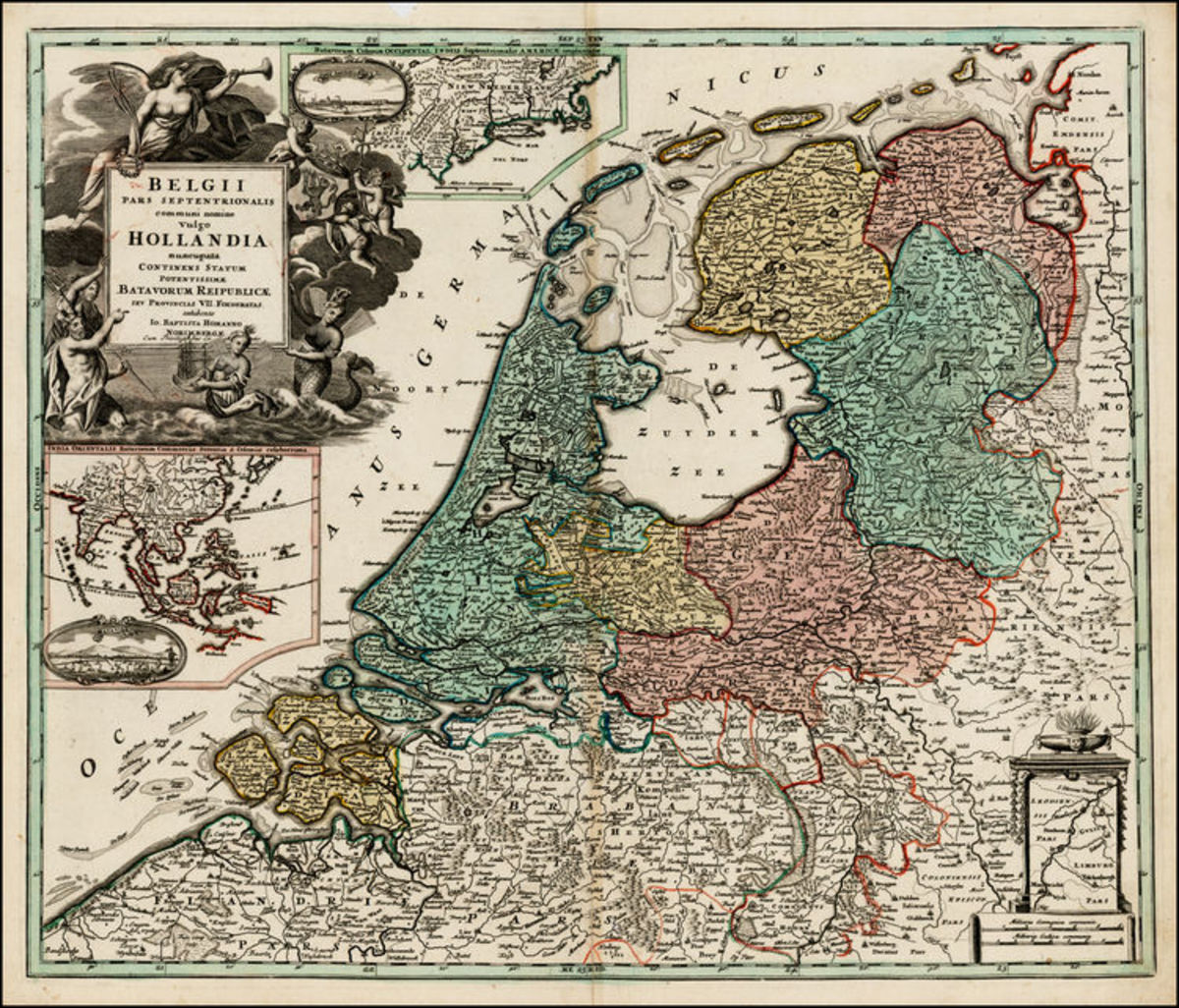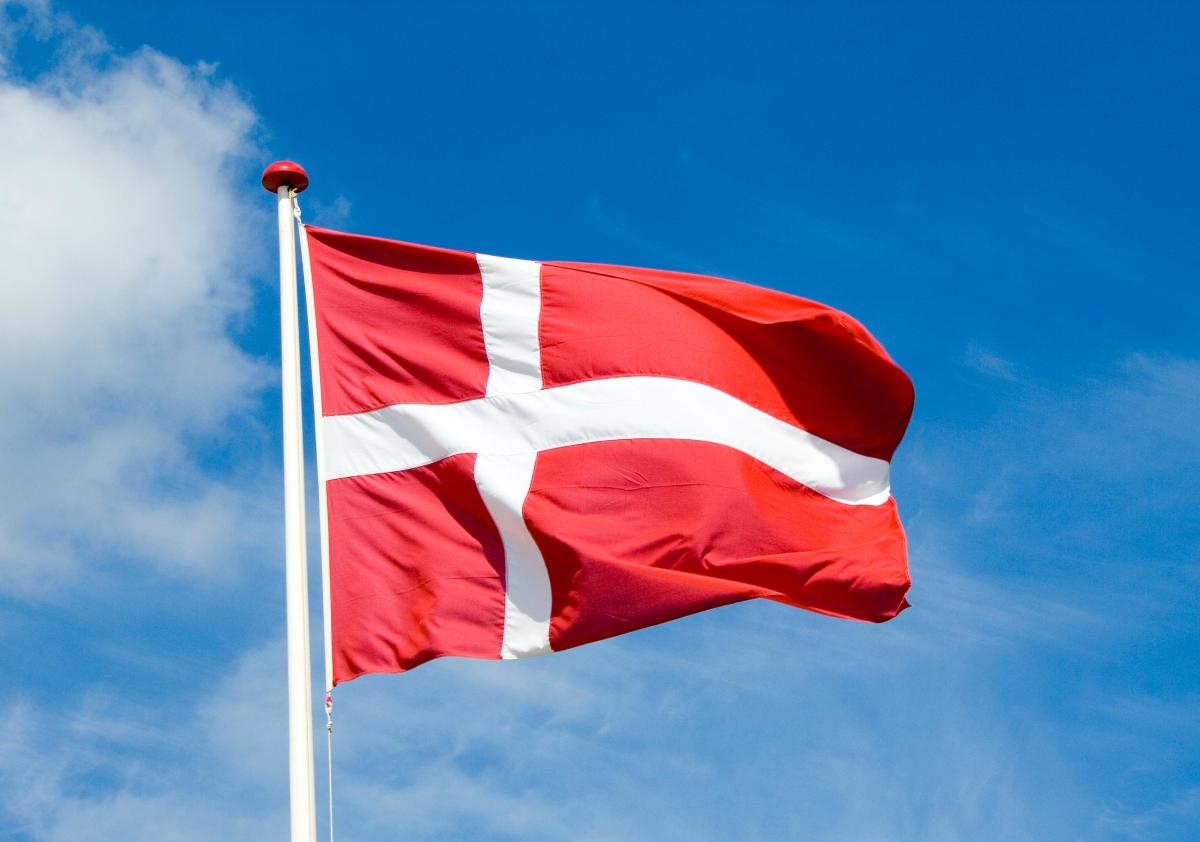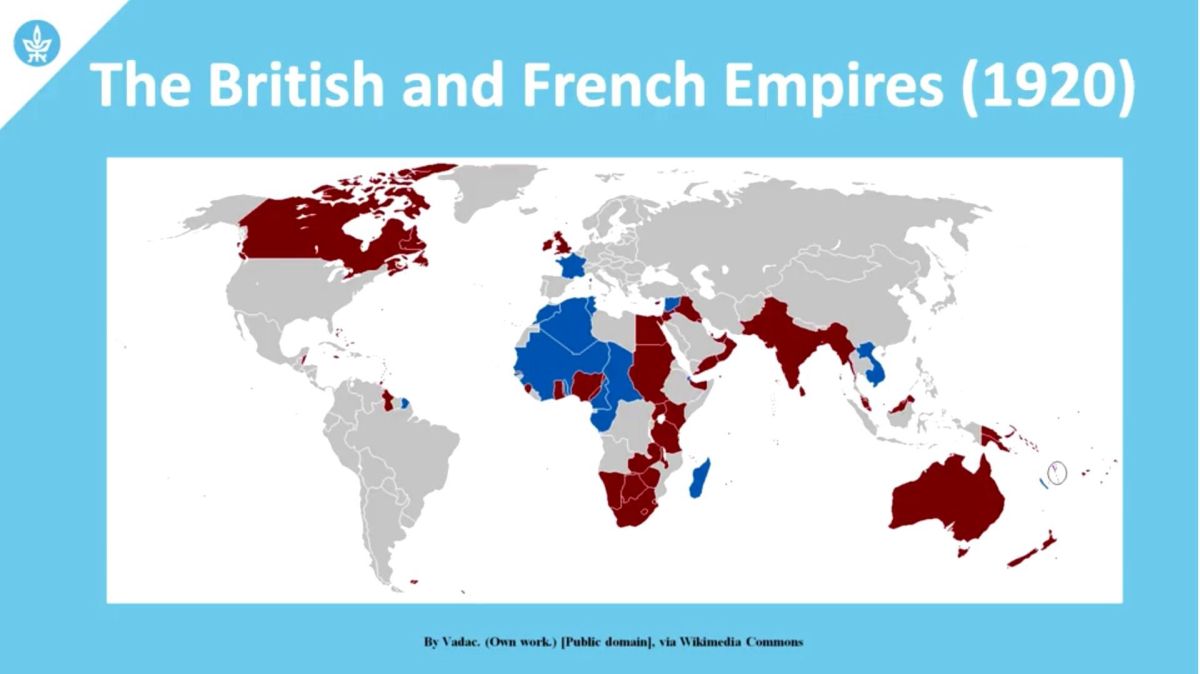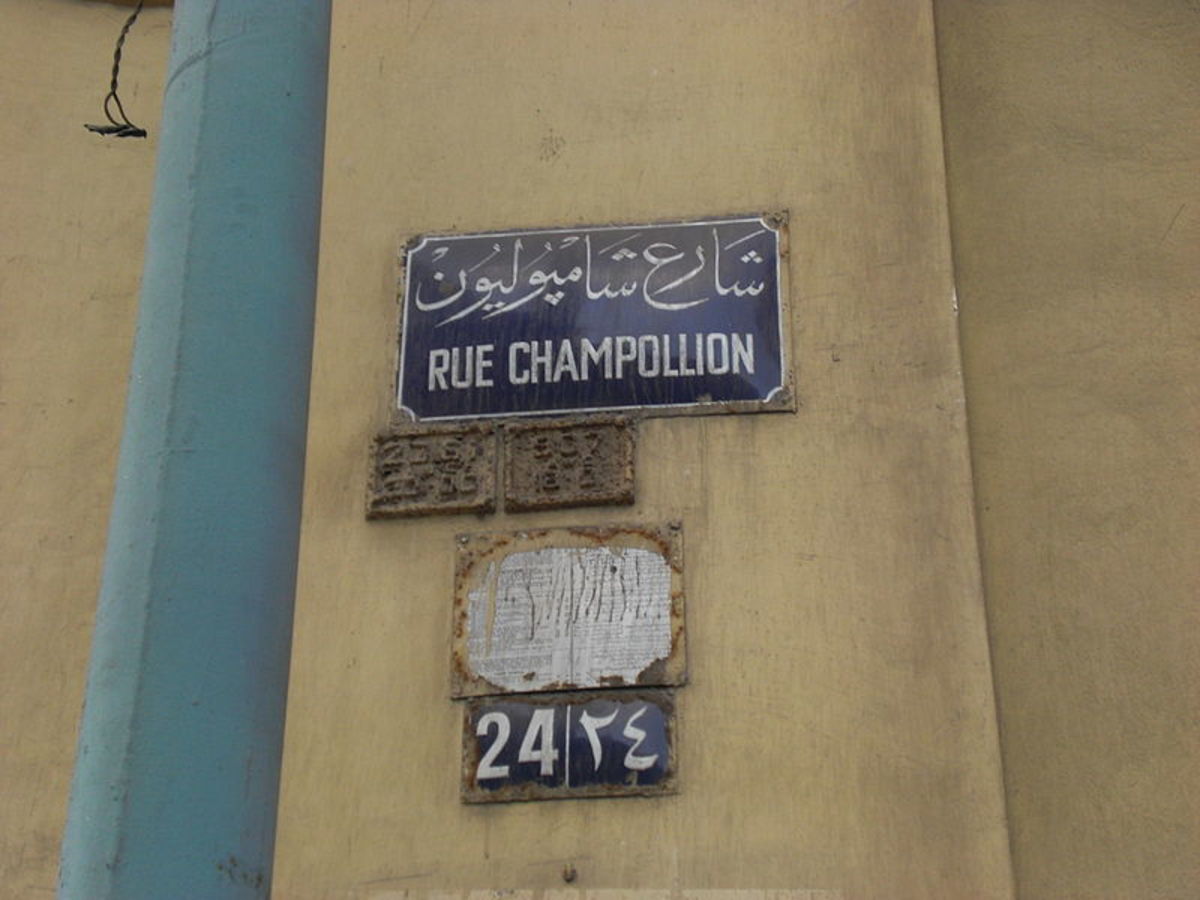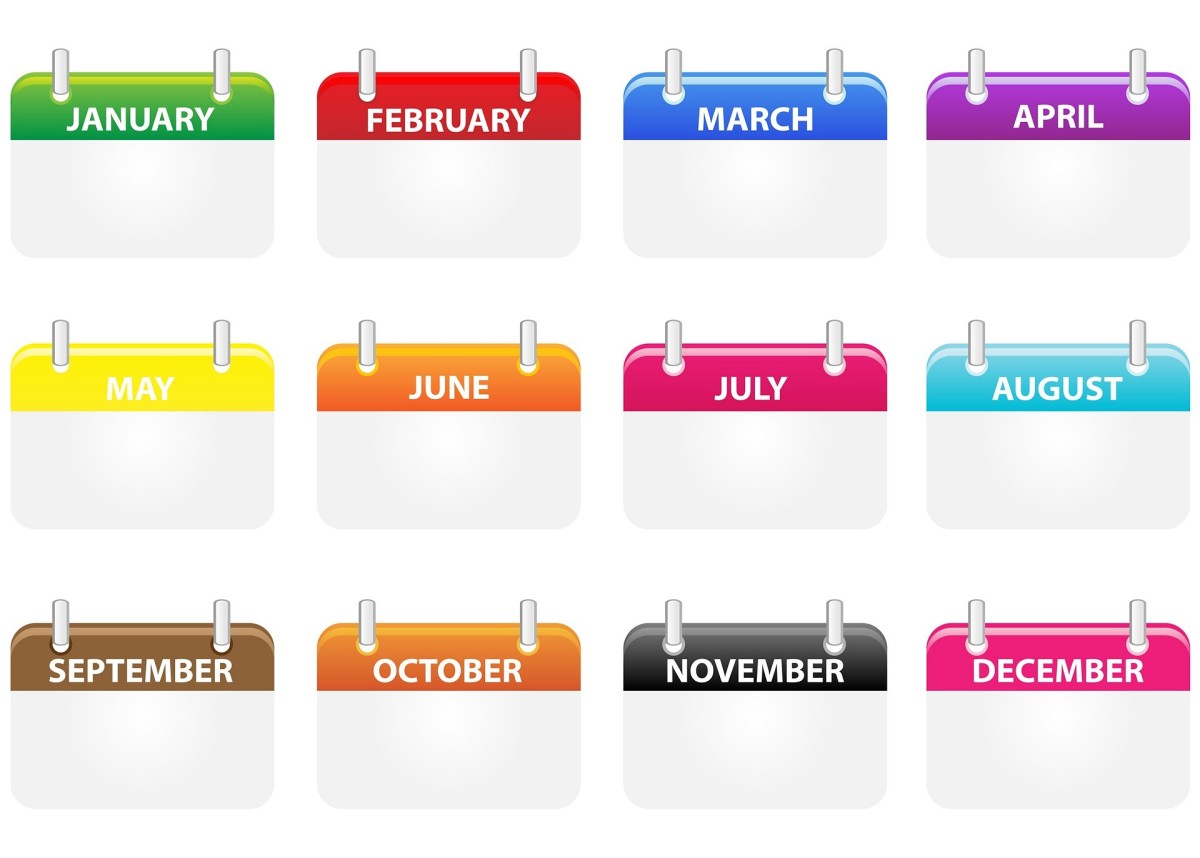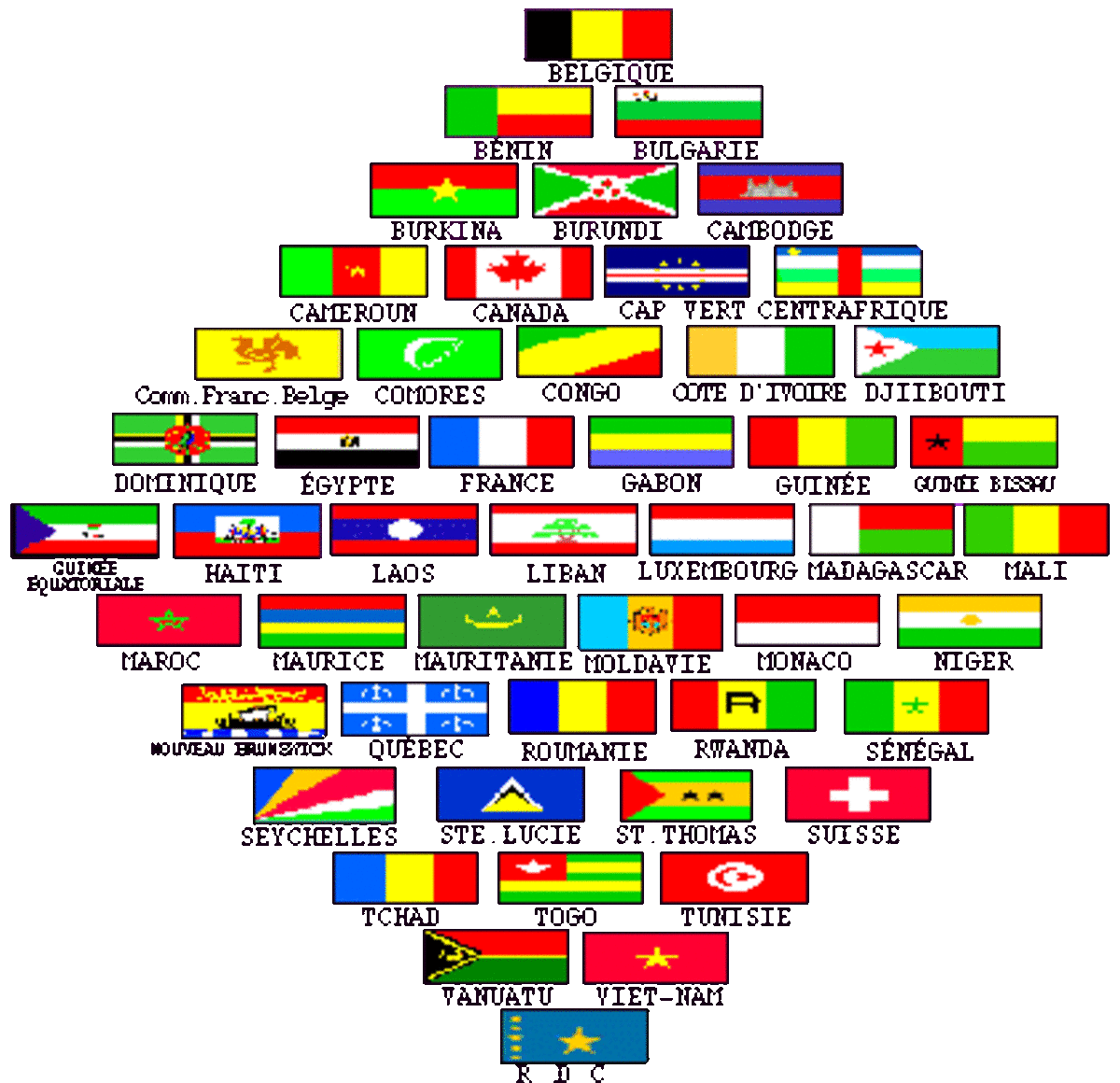Montreal French- 5 Things That Make It Different from Parisian

Introduction
Québec is a funny place, its contradictions seem endless and its politics are crazy. Culturally Québec is not the place for the stoic conservative, but rather as the team from just for laughs puts it, it is the funniest place on earth (not always for good reasons). And Québec French just like the culture follows this same pattern, it is at times ridiculously difficult to understand for anyone who learned textbook French or even for anyone who respects their ear drums. At other times it can be similar enough to European French that those poor French citizens can actually understand it. But being serious for a minute, the French spoken in Québec is incredibly different from that spoken in France. There are naturally reasons for this, and those reasons can be straightforward. 400 years of separation is honestly enough to turn one language into another. Because in today's globalized world effort is made to standardize languages French (and English, Spanish and Portuguese for that matter) has despite great variation in accent and dialect remained one language. Throughout history however this wasn't true, just think of the fall of the Roman empire around 1500 years ago, how many centuries had gone by before the language spoken in Gaul (modern day France) was incomprehensible to the people of the city of Rome? Certainly by the end of 4 centuries mutual intelligibility would have ceased. So then going back to the topic, it is little wonder then that the French spoken in Montreal and that spoken in France is very different, indeed it is still the same language but it is different. I once asked a man from Paris to tell me what he felt the difference was, he laughed and said "Well it is French, I'm just not sure what century it is from." And that I found really summed it up, Québec French as its colloquially spoken is an archaic dialect of French that according to research I've done originated from the Norman region of France. Indeed I have seen it written before that the accent and dialect of modern day Norman French is the closest in existence to modern day Québec French. I can't verify how true this is, only someone who has spent time in both places can really tell. But below I've made a short list of the most obvious differences that I can think of between the 2 dialects of French. If you can think of anything else feel free to leave a comment about it. Feed back is always welcome.

1. Pronounciation
• This one is the biggest sticking point for me, like any accent how one pronounces it varies widely between regions, just think of the difference between British and Texan English if you want something comparable.
• An example of this pronunciation difference is the simply word oui (yes), in France it is pronounced how its spelled (wee) in Québec this varies widely, people can be incredibly lazy in their speech patterns and it is very common to hear them say (wehhhh).

2. Slang
• in Québec slang is based around objects located on the altar of the Catholic church, I'm not quite sure of the reason for this, but various theories include - wanting to disrespect the church because of its abuses, - coming from the religiosity of historical Québec society. For whatever reason these terms only exist in Québec but are very widely here
• some examples include: Tabernak - used like f**** (literal meaning tabernacle), calisse - used like sh** or crap (literal meaning chalice), esti- used like crap

3. Franglais
• because Québec is surrounded by the Anglo sphere on all its borders, it is natural that there are quite a few English words that have been borrowed and incorporated into French.
• it is also quite common that people who are bilingual can at times seem to speak both languages at once, this is known as franglais and is a unique feature of life in Québec.
• an example of franglais is: je veux prendre a bagel with cheese please.
Map of Montreal
4. Pushback
• Because of the above point I made about English, there is an effort by the government to limit the spread of English, so words that are anglicized in France tend not to be in Québec, this goes more for the official language than for street talk
• as mentioned above street talk tends to be a real mix of English and French but official correspondence is written exclusively in French
• In France for example the following words are used in English: email (courriel in Québec), Stop (arrete), le weekend (le fin de semaine)
Map of Paris
5. Informality
• Quebecois is a laid back language, it is informal and not always correct, in textbook French we are taught to distinguish between the informal tu and the formal vous when addressing people, and while this is done in Québec it is very common for people to simply use tu in everyday life, distinctions that might be made in France are not always made in Québec.
• the word salut which roughly translates to hi/bye is only used in France when someone is already known to the speaker, in Québec it is used frequently without regard to formality
What do you think? Please leave your comments in the section below, feedback is always welcome. Thanks Natalie
To Find Out More About French Check Out:
- Speak French With Me
Subscribe to my rss feed where I post tons of helpful hints for those of you who wish to learn French.




